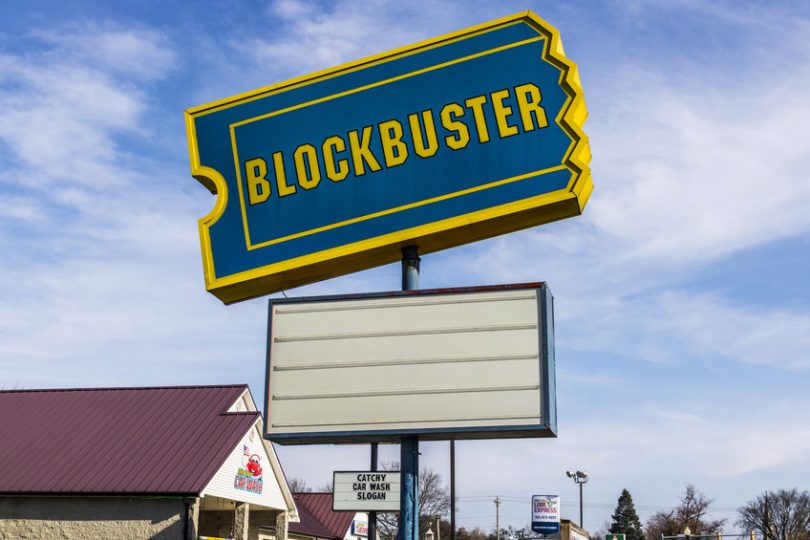A high level of debt partly caused the speed of Blockbuster video’s demise, but its failure was inevitable because it didn’t adapt fast enough to technological changes. Likewise, the insurance industry will be transformed in the next 10 to 15 years, because of Blockchain and AI. Incumbents that sit on the sidelines will be the Blockbusters of the 2020s.
Arguably insurance could be the industry most impacted by blockchain. Why? The insurance industry involves bureaucracy and inefficiency spread across multiple organizations for a single transaction. Just like supply chain. Except that existing supply chain systems are more sophisticated compared to the current state of the insurance industry.
There will unquestionably be winner and losers.
The winners will be:
- startups who transform insurance sectors using blockchain
- incumbents who collaborate to address some of the opportunities presented by blockchain but also to standardize and automate procedures across the industry to reduce the bureaucracy
The losers will be those that sit on the sidelines to wait and see, and discover they can no longer compete.
Despite the promise, diving into blockchain is a real challenge for incumbents for many reasons, but four stand out.
1. There’s so much hype about cryptocurrencies that it’s easy to lump crypto and business blockchain applications together as hype. So communicating the importance is critical. But also to manage expectations. Blockchain IS an innovation, and there is an innovation curve, where we’re currently in the peak hype stage. The trough follows the hype, but that’s when the real work gets done.
2. The technology is barely ready for showtime. But because blockchain involves such a steep learning curve – partly technically, but mainly concerning operational changes – it’s imperative to get involved while the technology is formulating. For some, it may not be possible to launch an initiative with a clear-cut ROI. That’s not a reason to wait and see. Insurance incumbents will need to act more like early stage angels or venture capitalists. For each blockchain project, provide enough money, but not too much. And make sure you second staff from all major departments.
3. Collaborating with competitors is hard. It’s a little like social networking. Fifteen years ago could you have imagined the degree of sharing of personal information that exists today? Blockchains in many ways are the social networks for business.
4. There are so many use cases to choose from. Many don’t need a blockchain. And if you don’t pick right, you may mistakenly write off blockchain as not useful.
Blockbuster





